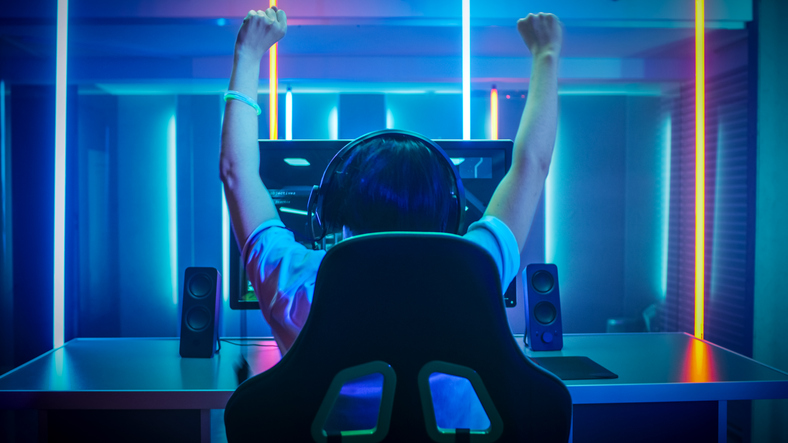On December 17, 2018, Alfonso Ribeiro brought a copyright infringement lawsuit in the Ninth Circuit against Epic Games, the creators of immensely popular “Fortnite” video game. Ribeiro is most famously known for his role on “The Fresh Prince of Bel-Air,” where he portrayed Carlton Banks. In the series, Ribeiro created a “Carlton Dance” that remains widely known, and the suit alleges Epic Games used this choreography without permission.
An important note found in the complaint is that Ribeiro is currently in the process of registering this choreography with the United States Copyright Office – this application was submitted on December 15, 2018, two days prior to the suit being filed. While registration is not required for valid copyright ownership, Section 411(a) provides that a work must be registered prior to bringing a copyright infringement lawsuit. Notably, even if the application is ultimately refused and the registration is denied, the applicant still may bring a civil action. This begs a crucial question – at what point is the work considered “registered”?
The Circuits are currently split between a registration approach and an application approach. The registration approach is seemingly a more “plain language” interpretation of the statute – simply put, the registration is not formalized until the application is accepted and the registration certificate is awarded.
Meanwhile, the application approach finds the statute’s definition of “registration” ambiguous, as some sections lay out no prerequisites to registration other than the completed application. The Ninth Circuit adopted this approach in Cosmetic Ideas, Inc. v. IAC/Interactive, with the court emphasizing the efficiency of this approach. More recently, like a parent stepping in to settle an argument between children, the Supreme Court has agreed to hear Eleventh Circuit case Fourth Estate Public Benefit Corporation v. Wall-Street.com, LLC, a case which will resolve the registration versus application debate once and for all.
At this extremely early stage in the proceedings, as Ribeiro’s suit was filed in the Ninth Circuit and his application was allegedly filed two days prior to filing the complaint, it appears this application approach would be satisfied, allowing continuance of the suit on the merits. As “Fortnite” utilizes a plethora of famous choreographed dances, it will be curious to observe both how Epic Games responds in this suit, as well as whether a flood of similar lawsuits is heading its way.

